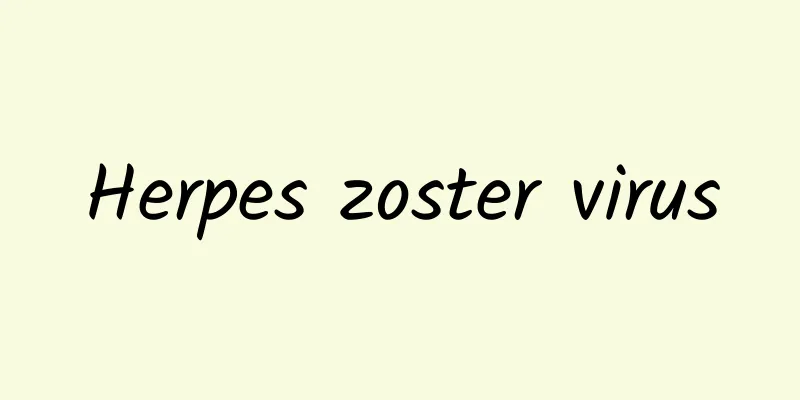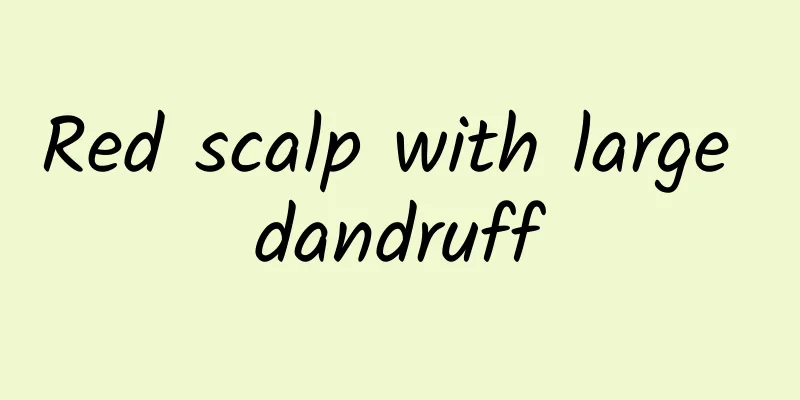How to cure allergic rhinitis

|
Rhinitis is a stubborn disease. Many people in our lives have been infected or are suffering from rhinitis. If you have rhinitis, it will affect the patient's life and work, because rhinitis can cause people to feel dizzy or have headaches, and they cannot concentrate, and it is very difficult to cure. There are many reasons for rhinitis and many treatments for rhinitis. So, how to cure allergic rhinitis? Rhinitis has multiple symptoms and types. How can allergic rhinitis be cured? Allergic rhinitis is caused by the interaction between the environment and the human body's own genes, and the incidence rate is relatively high. Men, women, adults and children may be infected. If a student who is in school is infected with rhinitis, it will affect his studies. Allergic rhinitis is an allergic disease of the nasal mucosa and can cause a variety of complications. Not everyone will suffer from allergic rhinitis. It usually occurs only in people with allergic constitution. Allergic constitution is related to genes and is usually caused by heredity. Most patients with allergic rhinitis have a family history of allergies, but in recent years, due to the accelerated industrialization process and the intensification of air pollution, some people who originally had non-allergic constitutions have also developed allergic constitutions. The incidence of allergic rhinitis is still gradually increasing, so everyone must be vigilant and prevent and treat allergic rhinitis as early as possible. Four high-risk groups for allergic rhinitis The first category is people with allergic constitution, especially infants, women, and people with weak constitution. The second category is people who are exposed to harmful gases for a long time or work in decoration, coal and other industries. The third category is people who like to eat fishy, spicy, cold and other foods. Some foods are also allergens, such as fish, shrimp, eggs, milk, flour, peanuts, soybeans, etc. The fourth category is familial hereditary type, where parents or family members have a history of allergic rhinitis. 1. Avoid contact with allergens (1) The number of dust mites in the room should be less than 20/m2; maintain the relative humidity of the living space below 60%, but too low (such as below 30%-40%) will cause discomfort; sweep the carpet; wash bedding and curtains. Mite allergens are soluble in water, and washing textiles can remove most of the allergens; use air purifiers and vacuum cleaners with filters. (2) Avoid allergens during the corresponding pollen allergenic season. (3) Patients who are allergic to animal fur should avoid allergens. 2. Medication Intranasal and oral administration are commonly used, and the efficacy may vary between different patients. There is no long-term sustained efficacy after discontinuation of the drug, so maintenance treatment is required for persistent allergic rhinitis. Prolonged treatment does not lead to rapid drug resistance. Intranasal administration has many advantages. High concentrations of drugs can act directly on the nose, avoiding or reducing systemic side effects. However, for patients with other allergic diseases, drugs need to act on different target organs, and intranasal administration is not the best choice. Systemic drug treatment is recommended. (1) Antihistamines Oral or nasal second-generation or new H1 antihistamines can effectively relieve symptoms such as nasal itching, sneezing and runny nose. It is suitable for mild intermittent and mild persistent allergic rhinitis, and can be used in combination with nasal corticosteroids to treat moderate to severe allergic rhinitis. (2) Nasal corticosteroids can effectively relieve symptoms such as nasal congestion, runny nose and sneezing. For critically ill patients who do not respond to other drug treatments or cannot tolerate nasal medications, oral corticosteroids can be used for short-term treatment. (3) Anti-leukotriene drugs are effective for allergic rhinitis and asthma. (4) Chromone drugs are effective in relieving nasal symptoms, and eye drops are effective in relieving eye symptoms. (5) Intranasal decongestants can relieve nasal congestion caused by nasal congestion, and the course of treatment should be controlled within 7 days. (6) Intranasal anticholine drugs can effectively suppress runny nose. (7) Some Chinese medicines are effective in relieving symptoms. The treatment principles for children and the elderly are the same as those for adults, but special attention should be paid to avoiding adverse drug reactions. (8) Pregnant patients should use various drugs with caution. 3. Immunotherapy It is a treatment recommended by the World Health Organization that may change the course of the disease. Immunotherapy induces clinical and immunological tolerance with long-term effects, preventing the development of allergic diseases. Allergen-specific immunotherapy is commonly used by subcutaneous injection and sublingual administration. The treatment course is divided into a dose accumulation phase and a dose maintenance phase, and the total treatment course is no less than 2 years. Standardized allergen vaccines should be used. It is mainly used for patients who have not responded to conventional drug treatment. Patients should not underestimate allergic rhinitis and should seek professional treatment as early as possible. With the treatment of anterior ethmoid nerve block, allergic rhinitis will no longer run rampant. It will be your gentle harbor for regaining health. Today's medical technology is very advanced. Although allergic rhinitis is a stubborn disease, it can be completely cured if the right method is used. How to cure allergic rhinitis? First of all, patients must discover it as early as possible, treat it as early as possible, and cooperate with doctors highly. Secondly, they must go to a regular hospital for treatment to avoid repeated treatment and repeated recurrence. |
Recommend
What to do if you have pharyngitis during pregnancy
When a woman is pregnant, her body's resistan...
Things you can't eat during menstruation
Female friends are very concerned about a reasona...
Why does jaw pain occur?
The jaw plays many roles in the human body. It ca...
How long after taking ceftriaxone can I drink alcohol?
In daily life, when the body has an infection or ...
A feeling of blockage from the throat to the chest
If you feel a blockage from the throat to the che...
Will hemorrhoids recur after surgery?
The anorectum is an important organ in our body, ...
The disadvantages of children not taking naps
Sleep is very important for children. Their bodie...
What is Down syndrome? Causes of Down's Syndrome
Down syndrome is a disease caused by a chromosoma...
How to treat chocolate cysts?
Chocolate cysts are a common condition caused by ...
What's wrong with severe chest pain?
Chest pain is something that should not be undere...
Can I eat tomatoes if I have diarrhea?
Everyone knows that diarrhea is mainly caused by ...
My child loves to sweat and his hair is wet. What's going on?
It is generally normal for children to sweat, bec...
I feel dizzy and my right chest hurts.
As we all know, if we are in a state of hunger fo...
How to deal with burn scars
Burns are generally very easy to occur and are al...
Can myasthenia be cured?
Myasthenia gravis is one of a few diseases that m...









